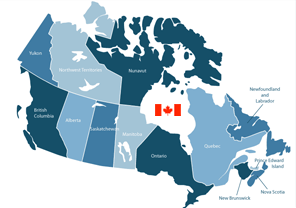Brent
What Self Care Strategy (ie: not completing a headache diary, living an erratic lifestyle, not following their doctors advice), etc., do you see most frequently in your headache practice?
Dr. Becker
Poor stress management is observed from many headache patients. Stress-reduction appears to be practiced the least and we know that stress seems to have a significant impact on a patient’s inability to cope with their migraine. Research suggests that stress is the number one trigger for migraines.
Brent
We know that approximately 80% of migraine patients seek help from their family physicians. We also know from expert Headache Neurologists, Doctors Saper and Lay, that physicians are under-trained in medical school.
In regards to patients “not having a complete understanding of their headaches and what is “likely” going on - do you think it is family physicians being poorly educated, or patients not practicing self-care, or a bit of both?
Dr. Becker
Both - the family doctor and the patient do not invest the time to learn about headache syndromes, especially migraine, and to understand the patient’s headache problem as well as possible.
Brent
It is understood that diagnosis and treatments for migraines are more effective when patients come prepared for their appointments.
An important aspect of this appointment preparation is self-care strategies the patient utilizes.
From the following list please indicate, based on your experience with patients, the percentage of self-care strategies practiced by patients.
What percentages of patients complete the following Self Care Strategies?
Dr. Becker
Please note that careful study has NOT been performed and these are merely educated guesses, based on my observation of patients observed at my headache practice.
- diaries, or record-keeping (35%)
- practice proper sleep habits (50%)
- management of “known” triggers (80%)
- self education (45%)
- behavioural strategy - incorporating a relaxation technique (40%)
- limit caffeine intake (50%)

